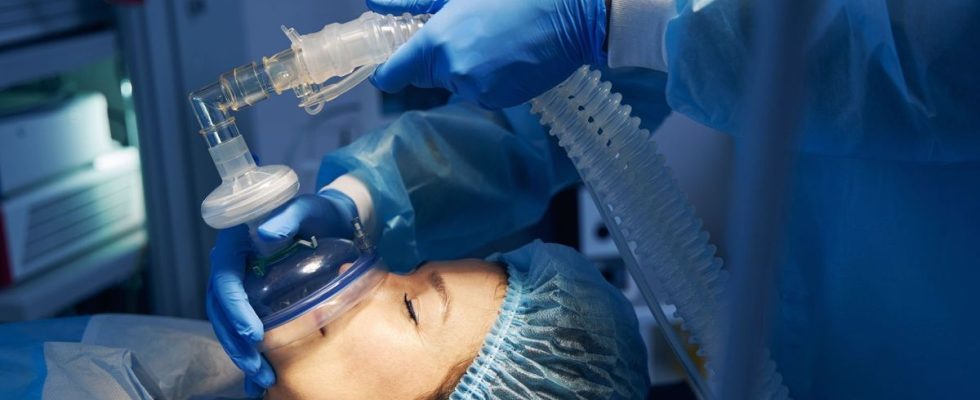Published on
Updated
Reading 2 min.
in collaboration with
Dr Gérald Kierzek (Medical Director)
Did you know ? In some patients, anesthesia can cause disturbing sexual hallucinations during the procedure. A common phenomenon, sometimes shocking, but which is being explained little by little.
Have you undergone a recent procedure under anesthesia and experienced strange dreams? Know that you are not alone. The anesthetics used, which are sedative-hypnotics, disrupt the patients’ sense of reality (this is their role) but can, sometimes, cause disturbing and embarrassing sexual hallucinations.
A fantasy for patients, a nightmare for anesthesiologists
The phenomenon is known, and has been confirmed by several studies. In 1984, one of them notably revealed that 18% of people anesthetized during dental or medical operations had difficulty distinguishing reality from fantasy during and shortly after the administration. But this perception can frequently go to the sexual side. Some patients will make suggestive comments, others will try to kiss their doctor or masturbate.
Even more problematic, some will wake up thinking they have been touched and sexually assaulted. An article from Panesthesia-intensive care practitionerdating from 2004 already titled: “Sexual fantasies: an anesthetic nightmare” and relayed the numerous complaints made by patients who wrongly believed they had been attacked.
The disinhibiting power of the drugs in question
But why these hallucinations? We asked the question to Dr. Gérald Kierzek, emergency physician and medical director of Doctissimo, who explains the classic phenomenon to us:
“We know that anesthetic products, in particular Propofol, Midazolam, Diazepam, are hypnotics which affect cerebral metabolism, which is completely normal since their role is to make us sleep. But these drugs are also disinhibitory, they alter our reality and disinhibit us, so we no longer control our thoughts.”
The underlying reason still unknown
The sexual side can, however, be surprising. American researchers in pharmacology therefore also carried out the investigation based on medical literature, and gave their conclusions to the Sun.
According to them, there would be a striking correspondence between the anatomical location of the procedure and the place where the patient touched himself. Thus, a procedure involving the mouth could be perceived as oral sex, a chest procedure as breast fondling, and a groin procedure as vaginal penetration. Another study from 2009 also detailed that people more likely to suffer from sexual hallucinations received higher doses of anesthetics and were aged under 50.
But if the context of a sexual hallucination is not yet completely determined, this research and these doctor’s opinions nevertheless have an advantage, they allow you to reassure yourself: if you wake up from an intervention with a strange feeling, or the memory of an inappropriate gesture towards your doctor, he will not hold it against you, it was only the effect of the anesthetic.
